Search
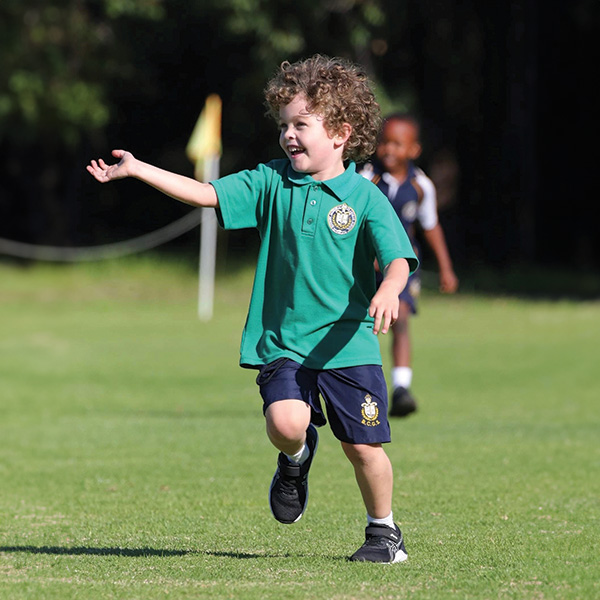
COMBAT CF is one of two long-standing international trials which have resulted in new early intervention options helping to reduce progressive lung damage in kids living with CF.
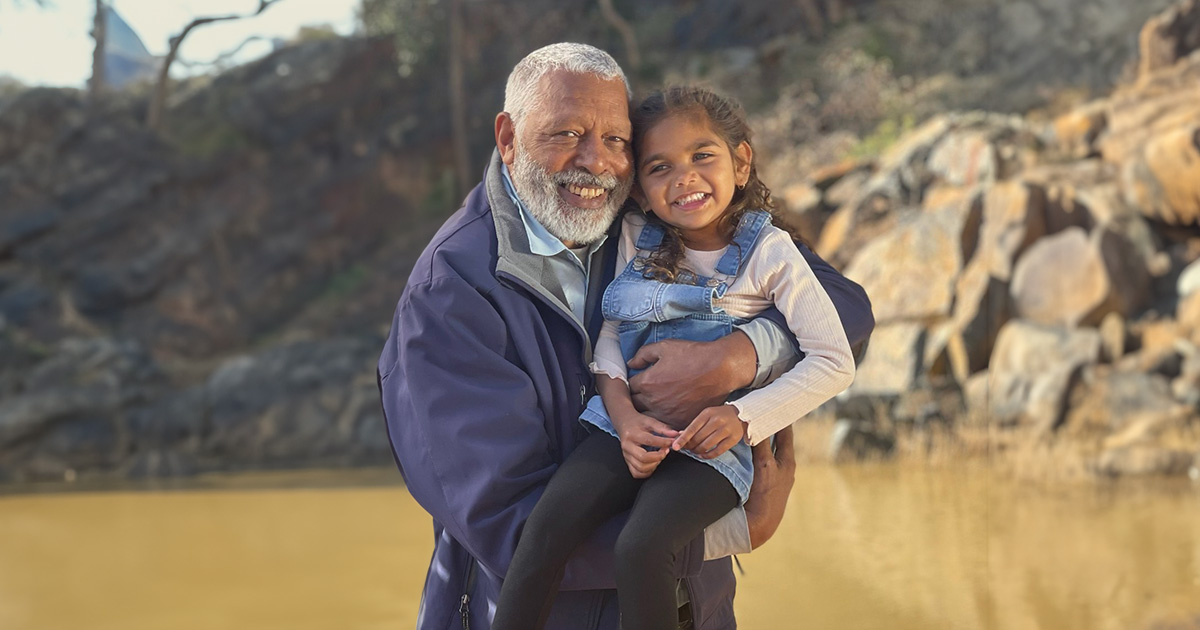
A public health campaign to raise awareness about the dangers of chronic wet cough in Aboriginal children is helping to improve detection, diagnosis and management of the condition.

Nearly 170 years ago a British doctor applied geospatial mapping to identify the source of a cholera outbreak in central London.
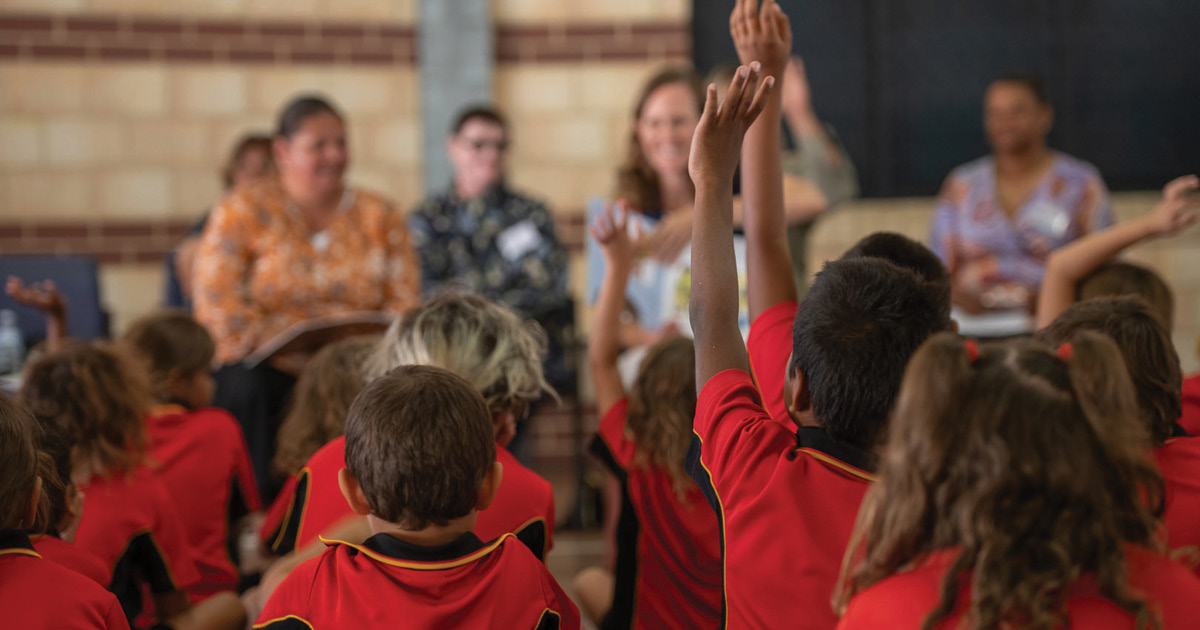
Healthy skin is a vital factor in the fight against life-threatening conditions like sepsis, heart disease and kidney disease, all of which can be caused by the bacteria Strep A.
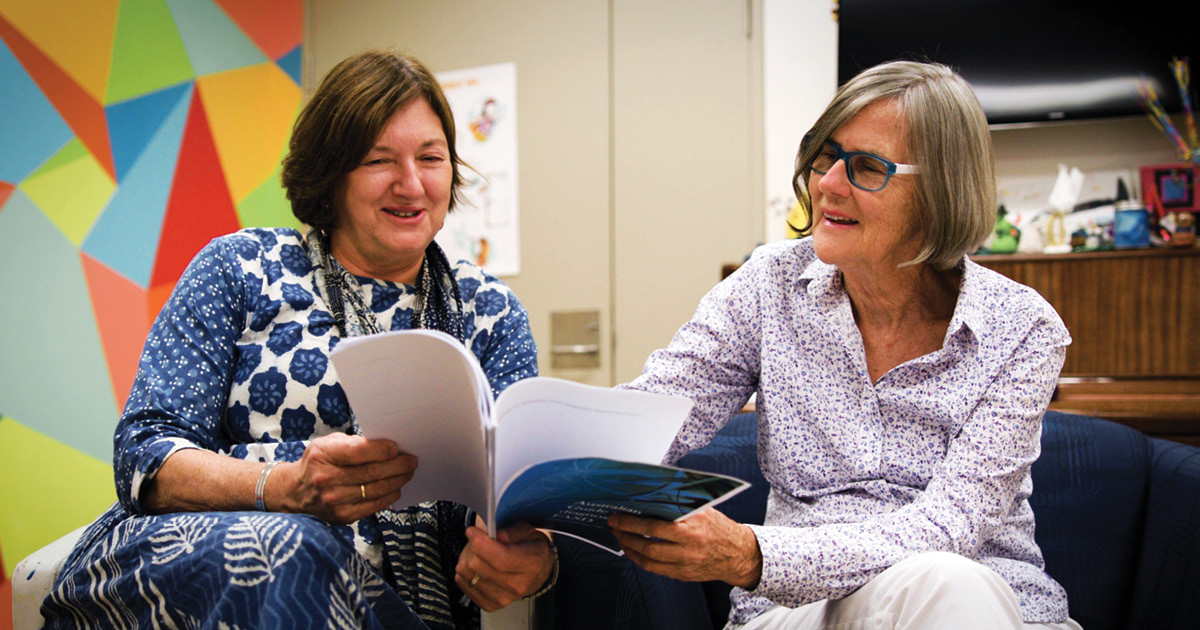
A website providing the latest research and resources on Fetal Alcohol Spectrum Disorder (FASD) is helping parents, educators, health professionals and policy makers navigate the complexities of the neurodevelopmental impairment condition.
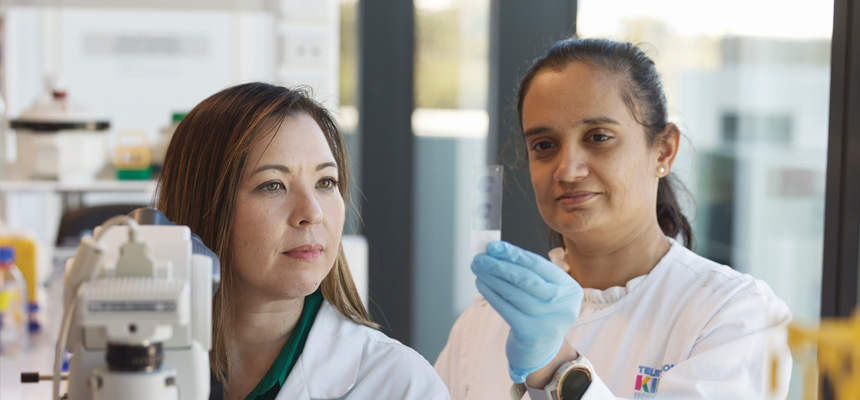
The WA Kids Cancer Centre has a suite of world-leading research projects to unlock new treatments for childhood cancers.
Research
Small-molecule screen reveals synergy of cell cycle checkpoint kinase inhibitors with DNA-damaging chemotherapies in medulloblastomaMedulloblastoma (MB) consists of four core molecular subgroups with distinct clinical features and prognoses. Treatment consists of surgery, followed by radiotherapy and cytotoxic chemotherapy. Despite this intensive approach, outcome remains dismal for patients with certain subtypes of MB, namely, MYC-amplified Group 3 and TP53-mutated SHH. Using high-throughput assays, six human MB cell lines were screened against a library of 3208 unique compounds. We identified 45 effective compounds from the screen and found that cell cycle checkpoint kinase (CHK1/2) inhibition synergistically enhanced the cytotoxic activity of clinically used chemotherapeutics cyclophosphamide, cisplatin, and gemcitabine.
Research
Review of Fetal Alcohol Spectrum Disorder (FASD) among Aboriginal and Torres Strait Islander peopleFetal Alcohol Spectrum Disorder (FASD) is a preventable, lifelong disability that disproportionately affects Aboriginal and Torres Strait Islander people. This review provides a comprehensive synthesis of the available information on FASD among Aboriginal and Torres Strait Islander people, with reference to the limitations on population-based data and evaluated programs.
Research
Adverse Childhood Experiences, Associated Stressors and Comorbidities in Children and Youth with Fetal Alcohol Spectrum Disorder across the Child Protection and Justice Settings in Western AustraliaIndividuals with Fetal Alcohol Spectrum Disorder (FASD) are at risk of having adverse childhood experiences (ACEs), especially those with child protection or justice system involvement. The complex relationship between FASD and psychosocial vulnerabilities in the affected individual is an important clinical risk factor for comorbidity.
Research
Immunological mechanisms of vaccine-induced protection against COVID-19 in humansMost COVID-19 vaccines are designed to elicit immune responses, ideally neutralizing antibodies (NAbs), against the SARS-CoV-2 spike protein. Several vaccines, including mRNA, adenoviral-vectored, protein subunit and whole-cell inactivated virus vaccines, have now reported efficacy in phase III trials and have received emergency approval in many countries.
